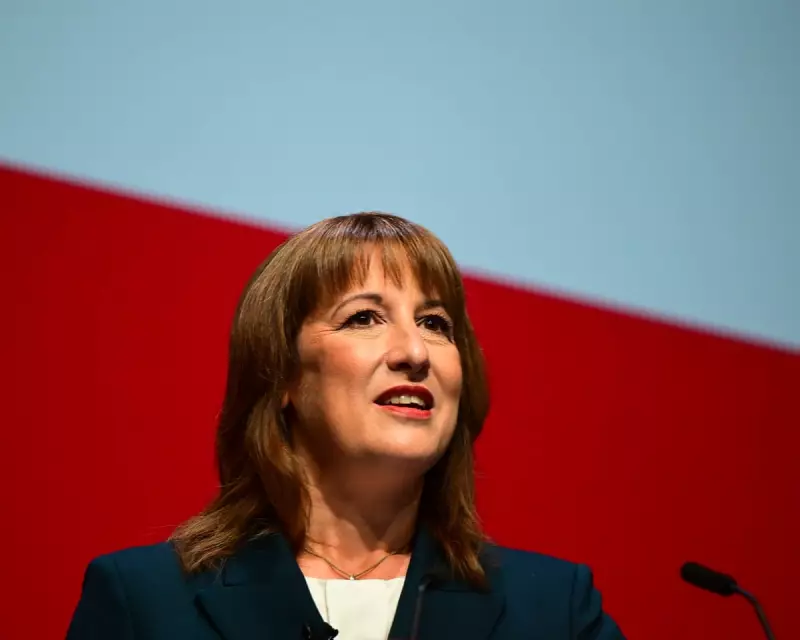
Chancellor Rachel Reeves could generate a staggering £45 billion in additional tax revenue while remaining faithful to her key election promises, according to groundbreaking analysis from the Institute for Fiscal Studies.
The Revenue Revolution: How £45bn Could Transform Public Finances
The comprehensive report reveals that strategic reforms across multiple tax areas could substantially boost Treasury coffers without violating Labour's core manifesto commitments. This comes as the government faces mounting pressure to fund public services while maintaining fiscal responsibility.
Three Pillars of Revenue Generation
The IFS analysis identifies three primary avenues for raising significant funds:
- Capital Gains Tax Alignment: Bringing capital gains tax rates in line with income tax could generate approximately £15 billion annually
- Pension Tax Reform: Restructuring tax relief on pension contributions for higher earners
- Inheritance Tax Modernisation: Updating inheritance tax rules to reflect contemporary wealth patterns
Walking the Political Tightrope
Despite the enormous revenue potential, the Chancellor faces significant political challenges. The report emphasises that while these measures could raise substantial funds, they would require careful navigation around Labour's explicit promises not to increase key tax rates.
"The art lies in reforming the tax base without technically raising rates," notes one senior economic analyst familiar with the report.
The Economic Landscape
With public finances stretched and economic growth remaining sluggish, the Treasury is exploring all options to increase revenue without stifling economic recovery. The IFS report provides a roadmap that balances fiscal necessity with political reality.
The analysis suggests that targeted reforms rather than blanket rate increases could achieve the dual objectives of revenue generation and manifesto compliance.
What This Means for UK Taxpayers
While the proposals focus primarily on wealthier individuals and specific financial transactions, the report acknowledges that some middle-income earners could be affected by certain reforms, particularly regarding pension contributions.
The government has yet to formally respond to the analysis, but sources suggest Treasury officials are carefully studying the recommendations as they prepare for upcoming fiscal events.





